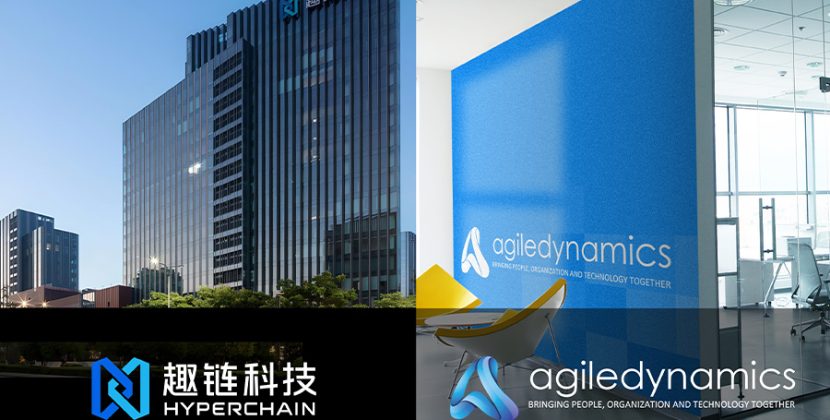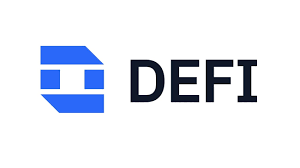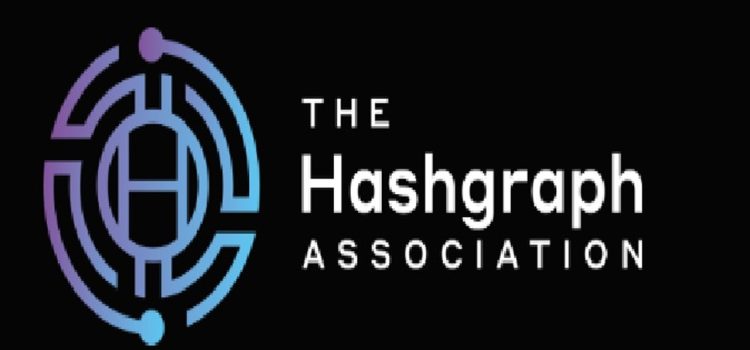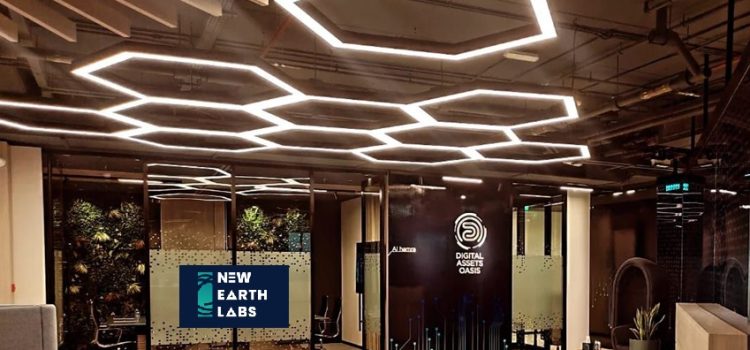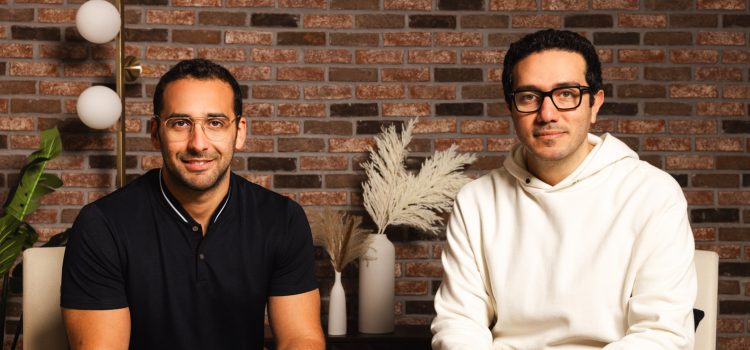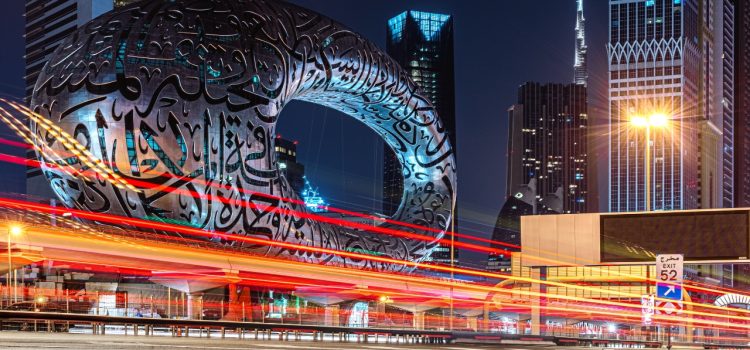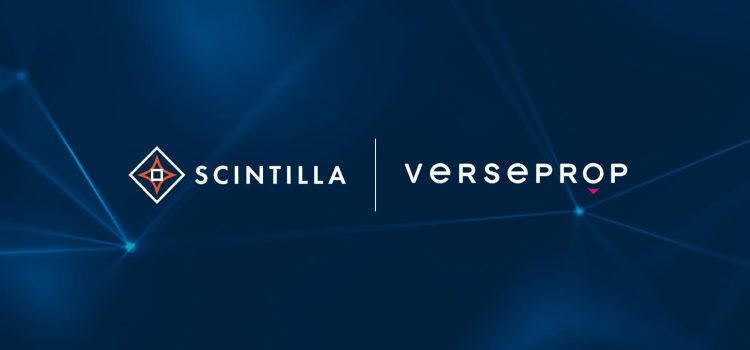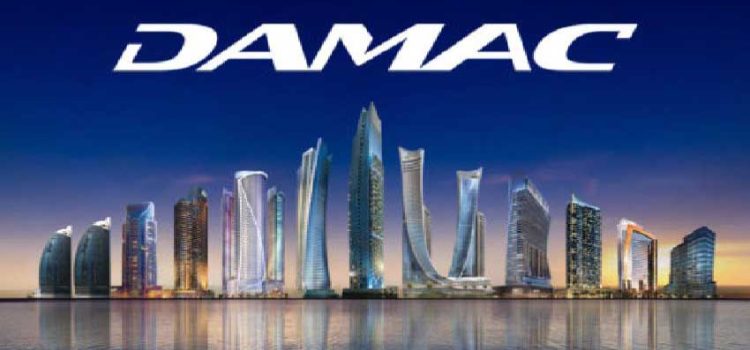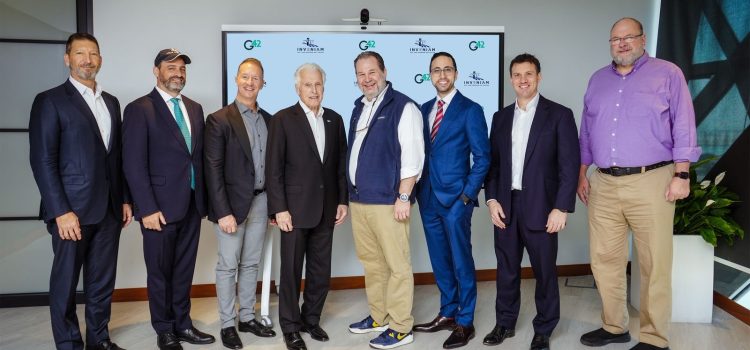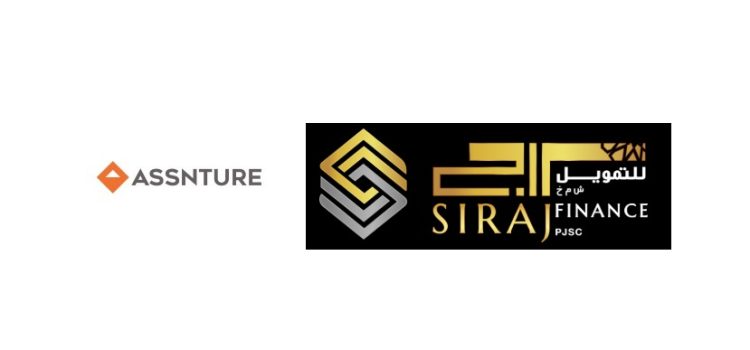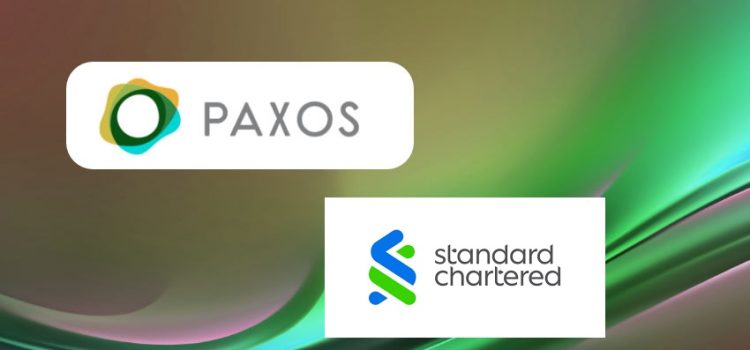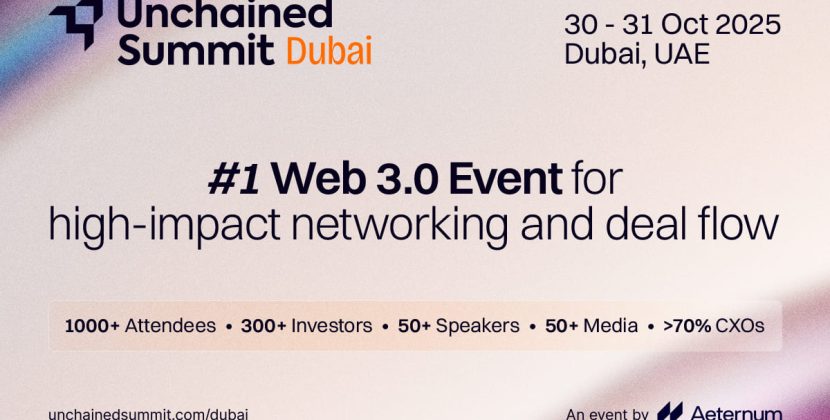
The Hashgraph Association (THA), a Swiss innovation leader at the forefront of empowering a digital future for all, and Taurus, a digital asset infrastructure provider, have partnered to drive global adoption of Hedera’s distributed ledger technology (DLT) with a focus on fast-growing regions. The collaboration will enable the integration of HBAR, Hedera’s native cryptocurrency, and the Hedera Token Service (HTS) – an API that enables the configuration, minting, and management of fungible and non-fungible tokens on the Hedera Network, into Taurus’s platform.
In close partnership with The Hashgraph Association, the full integration enables secure custody, staking, and asset tokenization for regulated financial institutions and provides them access to Hedera’s fast, secure, and sustainable distributed ledger technology. Taurus’s state-of-the-art technology stack, which specializes in custody, tokenization, and node infrastructure, will allow banks and other financial institutions to securely custody and stake HBAR and issue Hedera-based tokenised assets while meeting regulatory and stringent security standards.
Beyond the technical integration, this strategic collaboration between The Hashgraph Association and Taurus aims to catalyze growth and expand institutional adoption of Hedera’s decentralized enterprise-grade solutions across the financial and banking industry globally, primarily targeting Europe, Asia, the Middle East, and Africa.
Hedera leverages its unique Hashgraph consensus algorithm to achieve unmatched speed, security, and scalability. Its low, predictable fees, and carbon-negative footprint make it ideal for enterprise applications ranging from decentralized finance to sustainability solutions to supply chain management. Governed by the 32-member Hedera Governing Council, which includes some of the world’s leading organizations including Boeing, Dell, Google, IBM, LG, Standard Bank, Hitachi, and TATA, Hedera offers a trusted and robust quantum-resistant infrastructure for businesses and institutions.
Kamal Youssefi, President of The Hashgraph Association, stated, “Taurus is a world-class, secure platform for digital asset management. With increasingly positive market sentiment and a more established regulatory landscape, demand for institutional-grade custody and tokenisation has ramped up of late. It is a great pleasure to work with the Taurus team to integrate Hedera and enable new opportunities in secure digital assets.”
Lamine Brahimi, Taurus Co-Founder and Managing Partner, added, “Adding HBAR to our platform reflects our commitment to supporting the world’s most advanced blockchain and distributed ledger technologies. We are excited to work with The Hashgraph Association to provide institutional clients with the tools they need to securely store and issue HBAR, while contributing to the wider adoption of its ecosystem.”

